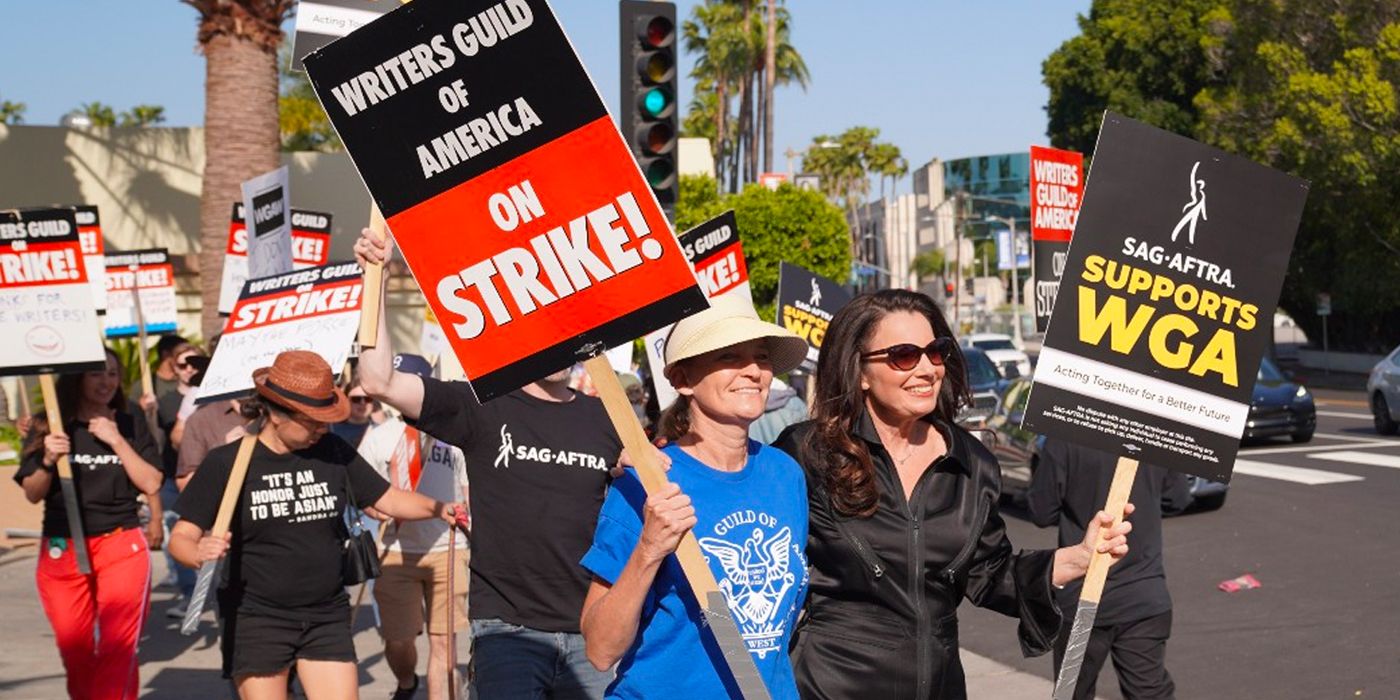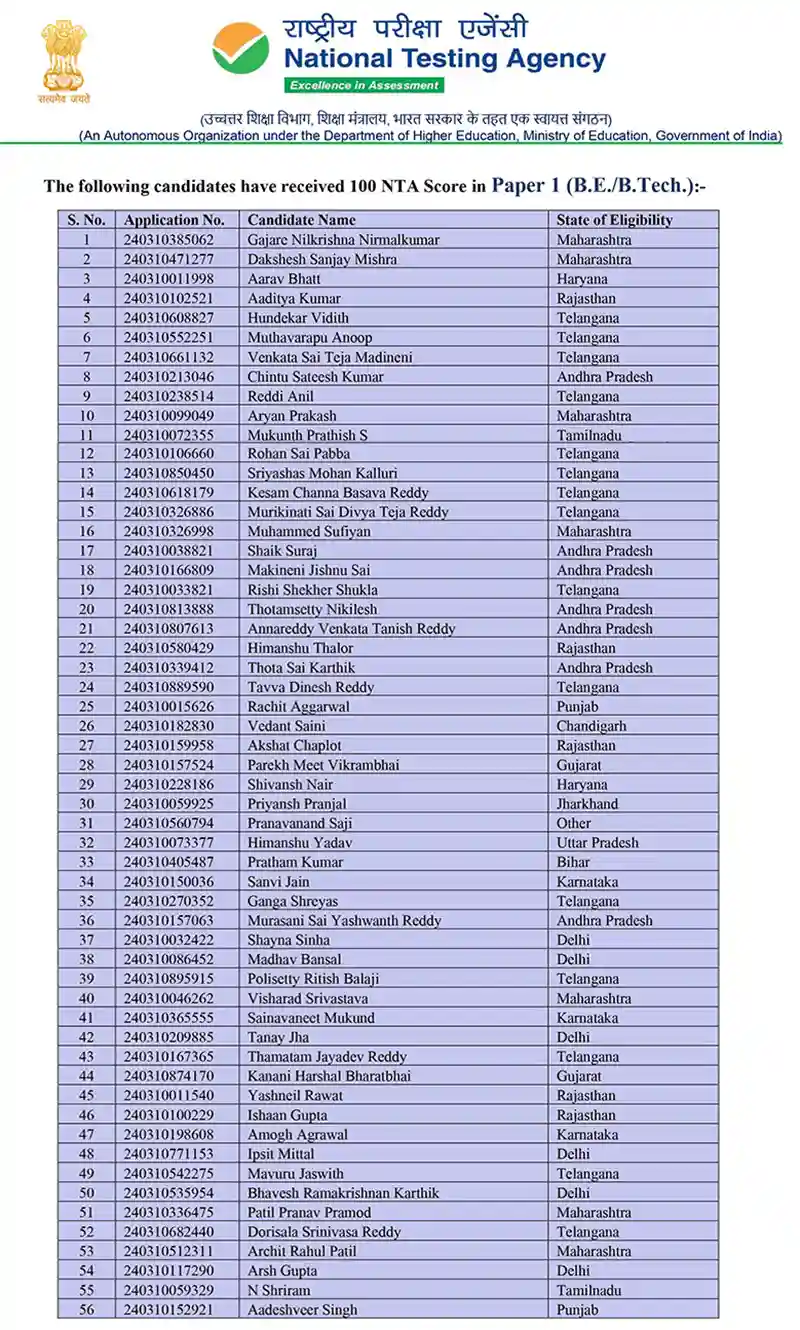Hollywood Shut Down: WGA And SAG-AFTRA Strike Impacts Production

Table of Contents
Production Halts and Delays
The Hollywood strike has resulted in widespread production halts and significant delays across the entertainment industry. Major studio projects, independent films, and television series are all feeling the impact.
Major Studio Projects Affected
Numerous high-profile productions have been postponed or completely cancelled, creating a domino effect throughout the industry. The ripple effect extends beyond initial filming, significantly impacting post-production work such as editing, visual effects, and sound mixing.
- Delayed Movies and TV Shows: Marvel Studios' projects have faced significant delays, as have several high-budget Netflix series. Disney's live-action productions have also been impacted. The exact number of affected projects is constantly evolving but is estimated to be in the hundreds.
- Post-Production Bottleneck: With filming halted, post-production houses are experiencing a slowdown, leading to potential delays in release dates even for projects already in post-production. This creates further economic strain on the industry.
Independent Filmmakers Struggle
The impact on independent filmmakers is particularly devastating. These productions, often operating with smaller budgets and limited resources, are far more vulnerable to the effects of the strike than their major studio counterparts.
- Financial Challenges: Independent filmmakers are struggling to secure financing for their projects, as investors are hesitant to commit funds during this period of uncertainty.
- Scheduling Conflicts: The strike has created significant scheduling challenges, making it difficult to coordinate crew availability and secure locations.
- Long-Term Damage: The prolonged strike could inflict irreparable damage on the independent film sector, potentially leading to fewer independent films being produced in the future. This could negatively impact the diversity of stories told on screen.
Economic Fallout Beyond Hollywood
The economic ramifications of the Hollywood strike extend far beyond the entertainment industry itself, impacting numerous related businesses and communities.
Job Losses and Financial Strain
The strike has caused widespread job losses, affecting not only actors and writers but also a vast network of support staff. This includes crew members (camera operators, gaffers, sound technicians), caterers, drivers, and countless other professionals whose livelihoods depend on film and television production.
- Quantifiable Job Losses: Estimates suggest tens of thousands of jobs have already been lost across the industry, and the number continues to rise with each passing week of the strike.
- Impact on Local Businesses: Businesses located near film sets – hotels, restaurants, transportation services – are experiencing significant revenue losses, contributing to the broader economic downturn.
- Financial Difficulties for Studios: Production companies and studios are facing significant financial pressure, with postponed projects incurring substantial costs without generating any revenue.
Impact on Related Industries
The ripple effect of the Hollywood strike is evident in various sectors related to film production. The economic impact extends to tourism, hospitality, and other ancillary industries that thrive on the activity generated by film shoots.
- Tourism Decline: Film tourism, which relies on location shooting and related activities, is experiencing a decline, affecting local economies reliant on this revenue stream.
- Hospitality Sector Hit Hard: Hotels and restaurants that cater to film crews are experiencing significant revenue losses, impacting their staff and financial stability.
- Long-Term Economic Consequences: The protracted strike could have long-term economic consequences, potentially leading to a downturn in related industries and impacting local communities heavily reliant on the entertainment industry.
Negotiation Breakdown and Key Issues
The breakdown in negotiations between the studios and both the WGA and SAG-AFTRA highlights several key issues at the heart of the strike.
WGA Demands
The WGA's demands center on fair wages, residuals in the streaming era, and protection against the increasing use of artificial intelligence (AI) in writing.
- Fair Wages: Writers demand fair compensation that reflects the value of their work, especially considering the shift to streaming platforms.
- Streaming Residuals: The WGA seeks a fair share of profits generated from streaming services, mirroring the residual payments they received from traditional broadcast television.
- AI Protections: The guild is seeking regulations to prevent the unauthorized use of AI to replace writers' jobs.
SAG-AFTRA Demands
SAG-AFTRA’s demands mirror those of the WGA, focusing on fair wages, residuals, and the ethical use of AI.
- Fair Wages and Residuals: Actors are demanding fair compensation for their work, including residuals from streaming platforms.
- AI Concerns: SAG-AFTRA is also concerned about the use of AI in generating actors' likenesses and voices without consent or compensation.
- Self-Tape Compensation: SAG-AFTRA is also fighting for proper compensation for self-tapes, which have become increasingly commonplace during auditions.
The Path Forward
The path forward remains uncertain. A resolution requires compromises from both the studios and the unions. The long-term implications for the industry depend on the outcome of these negotiations.
- Potential Scenarios: Possible outcomes range from a swift compromise to a prolonged strike, each having its own set of implications for production, employment, and the overall health of the entertainment industry.
- Impact on Future Productions: The length and outcome of the strike will significantly impact the slate of future film and television productions, potentially leading to delays, cancellations, or changes in production practices.
Conclusion
The Hollywood strike, encompassing both the WGA and SAG-AFTRA, has created a significant disruption in film and television production, resulting in widespread economic consequences and raising fundamental questions about fair labor practices in the entertainment industry. The impact extends far beyond Hollywood, affecting numerous related industries and communities. The ongoing Hollywood strike underscores the need for a fair and equitable system that protects the rights and livelihoods of all those working in the entertainment industry.
Call to Action: Stay informed about the ongoing Hollywood strike and its potential resolutions. Understanding the intricacies of the WGA and SAG-AFTRA strikes and their impact on film and television production is crucial for anyone interested in the future of the entertainment industry. Keep checking back for updates on this evolving situation and its effects on the Hollywood shutdown.

Featured Posts
-
 Analyzing Palantir Stock A Buying Decision Before May 5th
May 09, 2025
Analyzing Palantir Stock A Buying Decision Before May 5th
May 09, 2025 -
 Madhyamik Result 2025 Merit List And Toppers
May 09, 2025
Madhyamik Result 2025 Merit List And Toppers
May 09, 2025 -
 Naujos Detales Apie Dakota Johnson Ir Kraujingas Plintos Nuotraukas
May 09, 2025
Naujos Detales Apie Dakota Johnson Ir Kraujingas Plintos Nuotraukas
May 09, 2025 -
 Prognozirovanie Snegopadov V Mae Problemy I Perspektivy
May 09, 2025
Prognozirovanie Snegopadov V Mae Problemy I Perspektivy
May 09, 2025 -
 Woman Claims To Be Madeleine Mc Cann Now Faces Stalking Charges
May 09, 2025
Woman Claims To Be Madeleine Mc Cann Now Faces Stalking Charges
May 09, 2025
